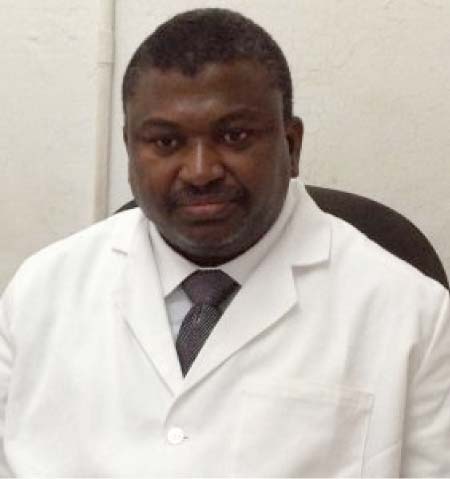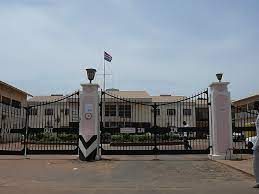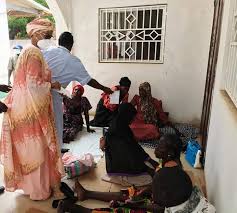By: Fabakary B. Ceesay

One would not believe that at the Edward Francis Small Teaching Hospital ( EFSTH), the major referral hospital of the Gambia in Banjul, does not have blood given sets to transfuse blood to needed patients and no running water for both patients and relatives that are looking after their admitted loved ones at the hospital.

Information investigated by Trumpet newspaper revealed that on Thursday 7th October, a woman (Name withheld) was transferred to the EFSTH due to birth complications and need Caesarean operation. Before the operation her Hemoglobin (blood) was 10 but reduce to 7.10 due to loses of blood during the operation. She needs at least one pine of blood to stabilise her condition. She was given only two bottles of flagyl to prevent infection. The rest of the recommended drugs were purchase by her family from a private pharmacy costing D2000.
According to family sources, the lady was told there was no blood given set to give her blood. The distress family has to provide two sets of blood given materials from a private hospital where she was admitted before been transferred to EFSTH.

Sources inform Trumpet that after almost twenty four hours of providing the blood given sets, nurses tell her that her dossier (file) was missing and that there was no blood at the hospital’s blood bank. It took the nurses and doctors another 24 hours to locate her file in order to attend to her.
While investigating this particular case, Trumpet spoke to families of patients admitted at the said ward and can confirm that there was no drinking water for patients and families. Families that have relatives in Banjul had to go to their relatives to take bath, washed their clothes and dishes.
Within and outside the hospital, families of patients are all over the place loitering with confusion and uncertainty of the fate of their loved ones. Most of them are women sleeping on bare floors thus exposing themselves to other diseases. Some are seen carrying bottles of water which they bought at nearby shops for patients to drink and wash their clothes. There is no housing or sleeping zone for relatives that are taking care of their sick.

